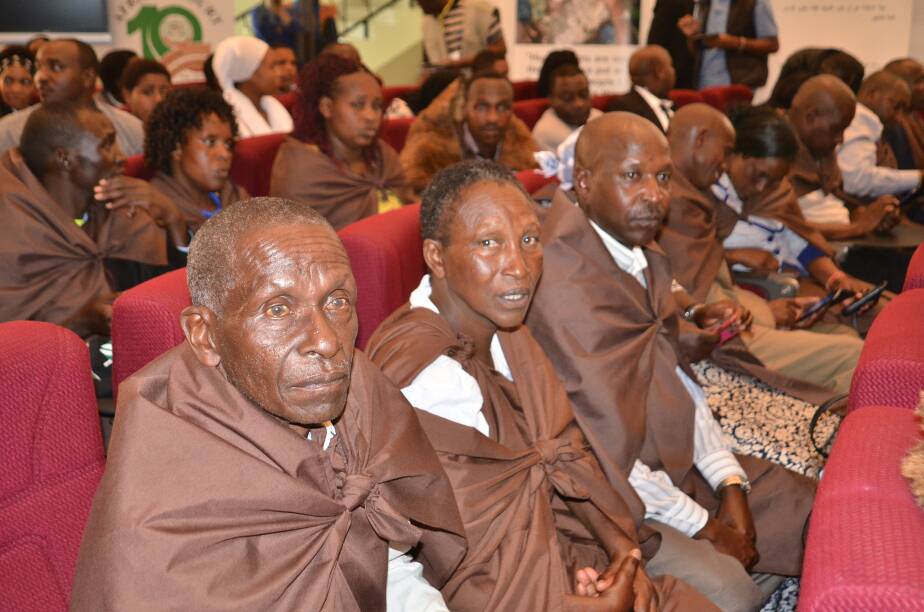Amnesty International hails African Court on Ogiek ruling

By Catherine Ageno
Amnesty International has hailed the African Court ruling on the Ogiek case saying it gives hope to indigenous peoples everywhere.
The African Court on Human and Peoples Rights ruled yesterday that the Kenyan government violated the rights of the Indigenous Ogiek people when it evicted them from their land.
According to Muthoni Wanyeki, Amnesty International’s Regional Director for East Africa, the Horn and the Great Lakes, the ruling is a historic victory for the Ogiek community.
“The ruling is a historic victory for the Ogiek community, and gives hope to all Indigenous peoples everywhere. In this one ruling, the court has both affirmed the Ogiek’s right to live freely on their ancestral land, and proved to the continent that regional justice mechanisms work.
Ms Wanyeki however quickly adds that the ruling is not enough, it must be respected by the Kenyan government.
The Ogiek, who live mostly in Kenya’s Mau and Mt Elgon forests have fought for a long time in the national courts, and now at the African Court, to live on their ancestors’ land.
In their Applicant, the Ogiek community claimed that the Respondent State had violated their rights and freedoms through, among others, forced evictions of the Ogiek from the Mau Forest, their ancestral home, where they have lived from time immemorial and which was crucial for their very survival.
However, the Republic of Kenya denied the Applicant’s allegations and argued that the Court lacked jurisdiction in the case.
To this, the court unanimously dismisses the objection to the Court’s material jurisdiction to hear the Application, dismissed the objection to the Court’s personal jurisdiction to hear the Application.
The Court also dismissed the objection to the Court’s temporal jurisdiction to hear the Application and declared that it had jurisdiction to hear the Application.
On Admissibility; the Court dismissed the objection to the admissibility of Application on the ground that the matter is pending before the African Commission on Human and Peoples’ Rights.
The Court dismissed the objection to the admissibility of the Application on the ground that the Court did not conduct a preliminary examination of the admissibility of the Application and that the author of the Application is not the aggrieved party in the complaint, failure to exhaust local remedies and thus declared the Application admissible.
On the merits; the Court declared that the Respondent has violated Articles 1, 2, 8, 14 17(2) and (3), 21 and 22 of the Charter and ordered the Respondent to take all appropriate measures within a reasonable time frame to remedy all the violations established and to inform the Court of the measures taken within six (6) months from the date of this Judgment;
The applicant also requested the Applicant to file submissions on eparations within 60 days from the date of this judgment and thereafter, the Respondent shall file its Response thereto within 60 days of receipt of the Applicant’s submissions on Reparations and Costs.
The case was initially lodged by Ogiek Peoples’ Development Programme, Minority Rights Group and the Centre for Minority Rights Development (CEMIRIDE) at the African Commission on Human and Peoples’ Rights, before being referred by the Commission to the Court in 2012.








